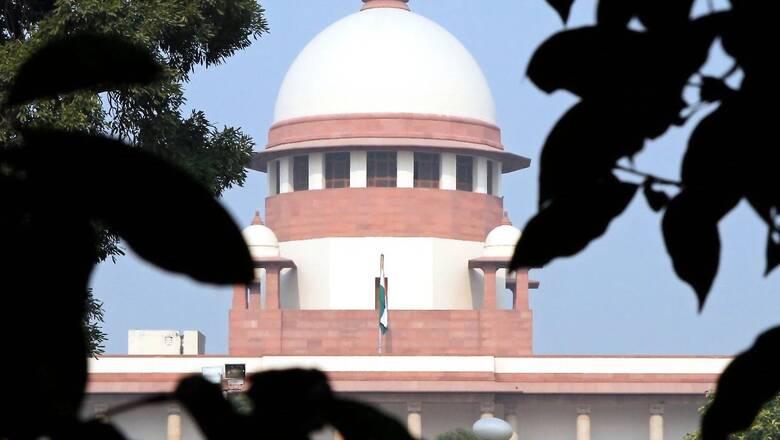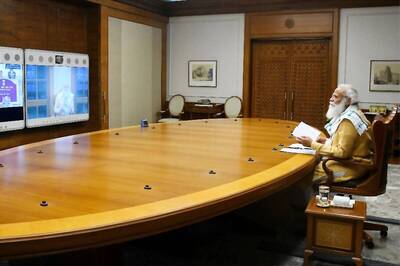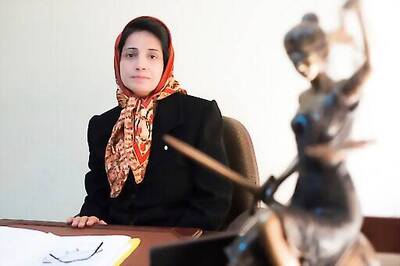
views
The Supreme Court on Monday disapproved of a remark made by Union Law Minister Kiren Rijiju on the collegium system of appointing judges. Slamming the remarks, the top court said “it should not have happened” and also pointed out Centre’s delay in appointments in the higher judiciary.
Supreme Court’s rap comes days after Law Minister Kiren Rijiju, at a TV event, had hit out at the mechanism to appoint Supreme Court and high court judges, saying the collegium system is “alien” to the Constitution.
“Mr. Attorney General, I have ignored all press reports, but this has come from somebody high enough also with an interview… I am not saying anything else. If we have to, we will take a decision,” said Justice Kaul to Attorney General R Venkataramani who was representing the Central government.
“We expect Solicitor General and Attorney General to ensure that law of the land laid down by this court is followed,” said the Supreme Court.
“It appears that the government is unhappy that the NJAC did not pass Constitutional muster,” added the Apex Court.
The Supreme Court in its wisdom, through a court ruling, created collegium, he said noting that before 1991 all judges were appointed by the government.
Speaking at the Times Now Summit here, the minister said the Constitution of India is a “religious document” for everyone, especially the government.
“Anything which is alien to the Constitution merely because of the decision taken by the courts or some judges, how do you expect that the decision will be backed by the country,” he asked.
Rijiju said the collegium system is alien to our Constitution. “You tell me under which provision the collegium system has been prescribed,” he asked.
He explained that once the Supreme Court or a high court collegium sends recommendation, the government has to do due diligence.
Rijiju was responding to a question on government “sitting” on various Supreme Court collegium recommendations at a time when cases are piling up in courts.
But at the same time, the minister said the government of the day in 1991 and the present regime “very well respect the collegium system until or unless it is replaced by a better system”.
He said he will not get into the debate of what that system should be. “That requires a better platform or a better situation.” With near unanimity, Parliament had passed the National Judicial Appointments Commission (NJAC) Act to overturn the collegium system. But the law was struck down by the Supreme Court.
Rijiju said as long as the collegium system is prevailing, he has to respect the system. “But if you expect the should merely sign (on) the name to be appointed as a judge just because it is recommended by the collegium, what is the role of government then? What does the word due diligence mean,” he argued.
He said there are loopholes in the collegium system and “people are raising voices” that the system is not transparent. “Also thee is no accountability,” he added. He said one should never say government is sitting on files.
Then don’t send the files to the government. You appoint yourself and you run the show … system does not function. The Executive and the Judiciary will have to work together.
Before describing the collegium system alien to Constitution, Rijiju said every judge is not right. “But every judgment is correct and right because it is a judicial pronouncement. In a democratic process, nobody can disrespect the judiciary and nobody can disobey a court order,” he said.




















Comments
0 comment